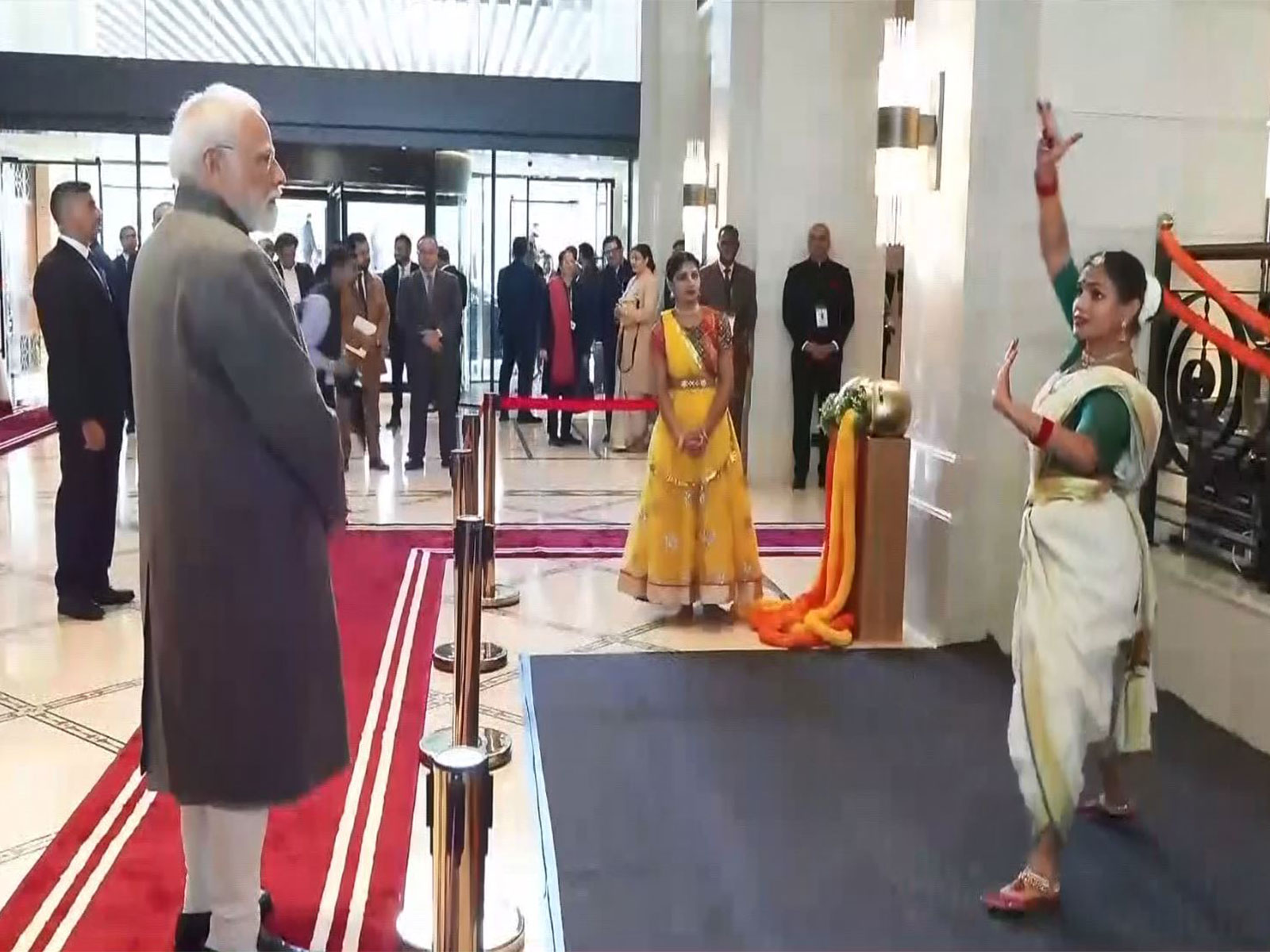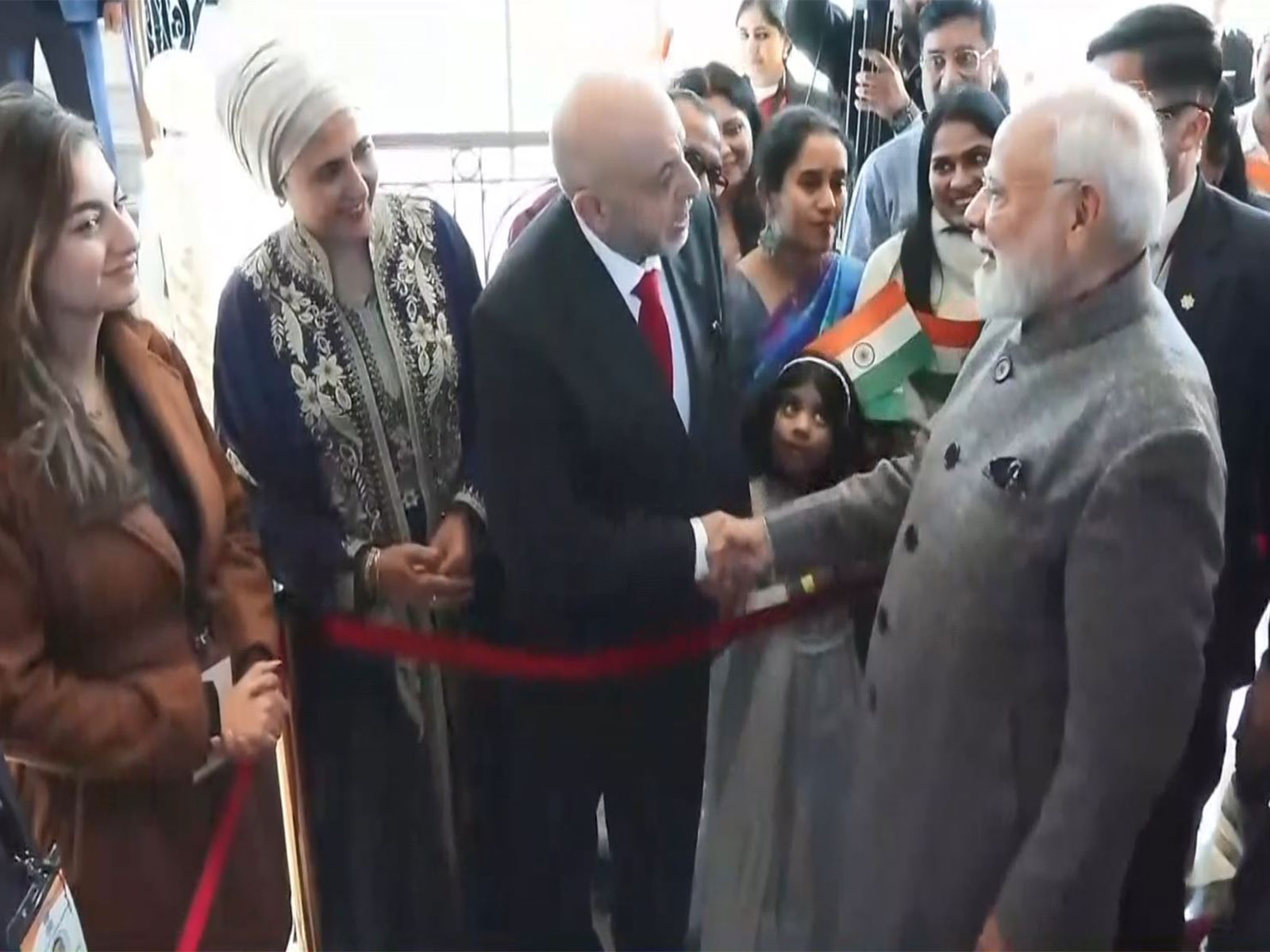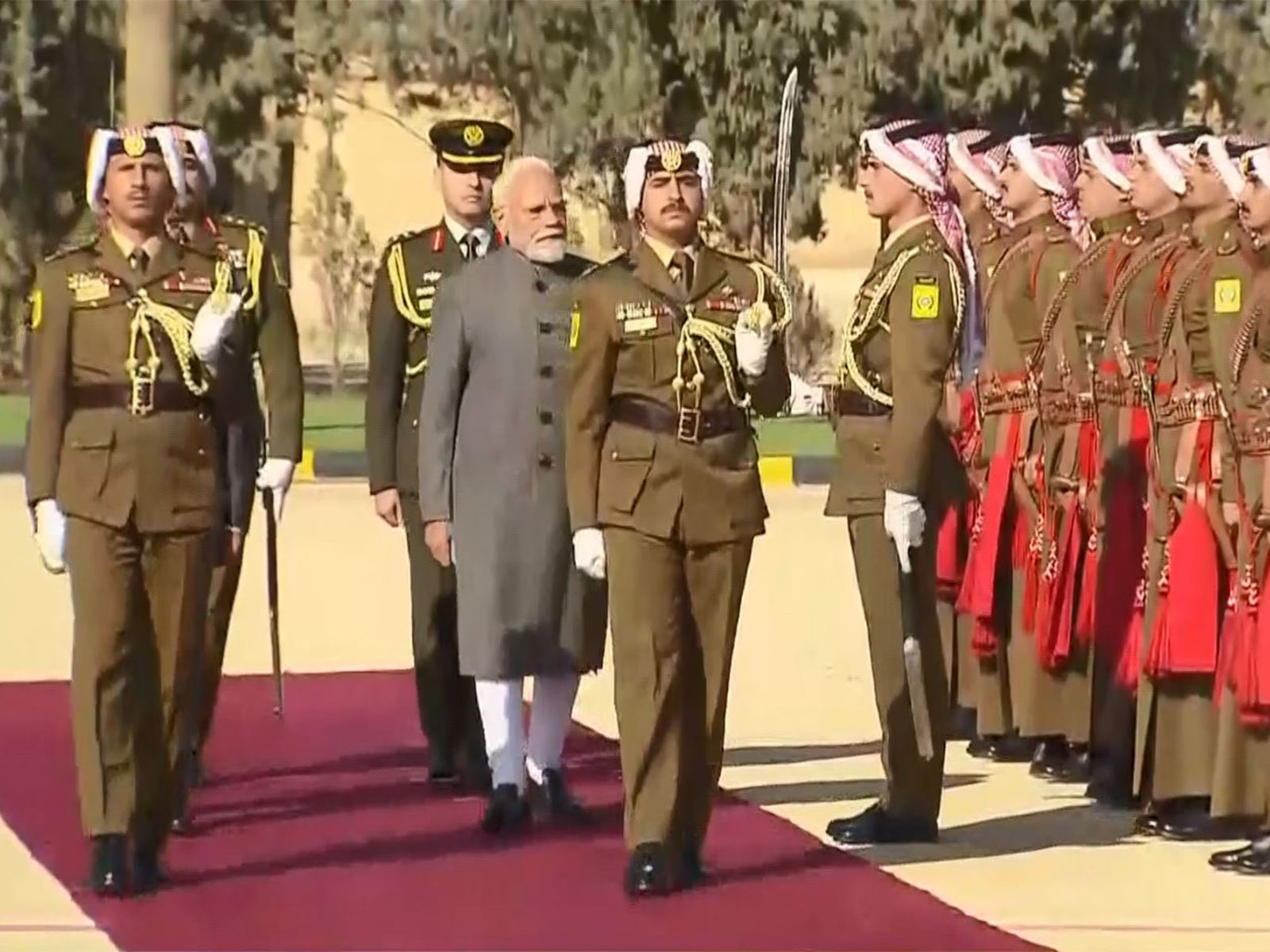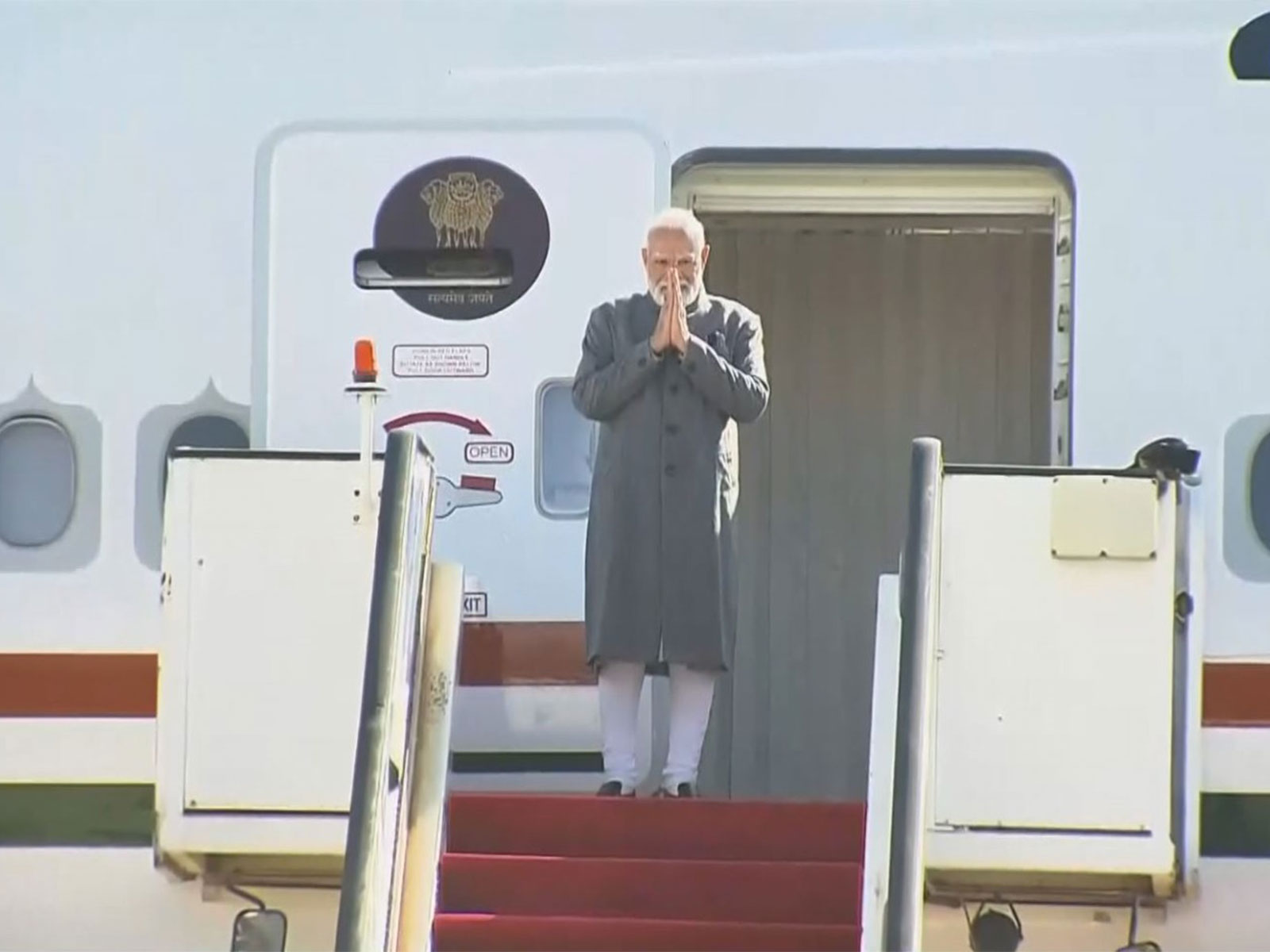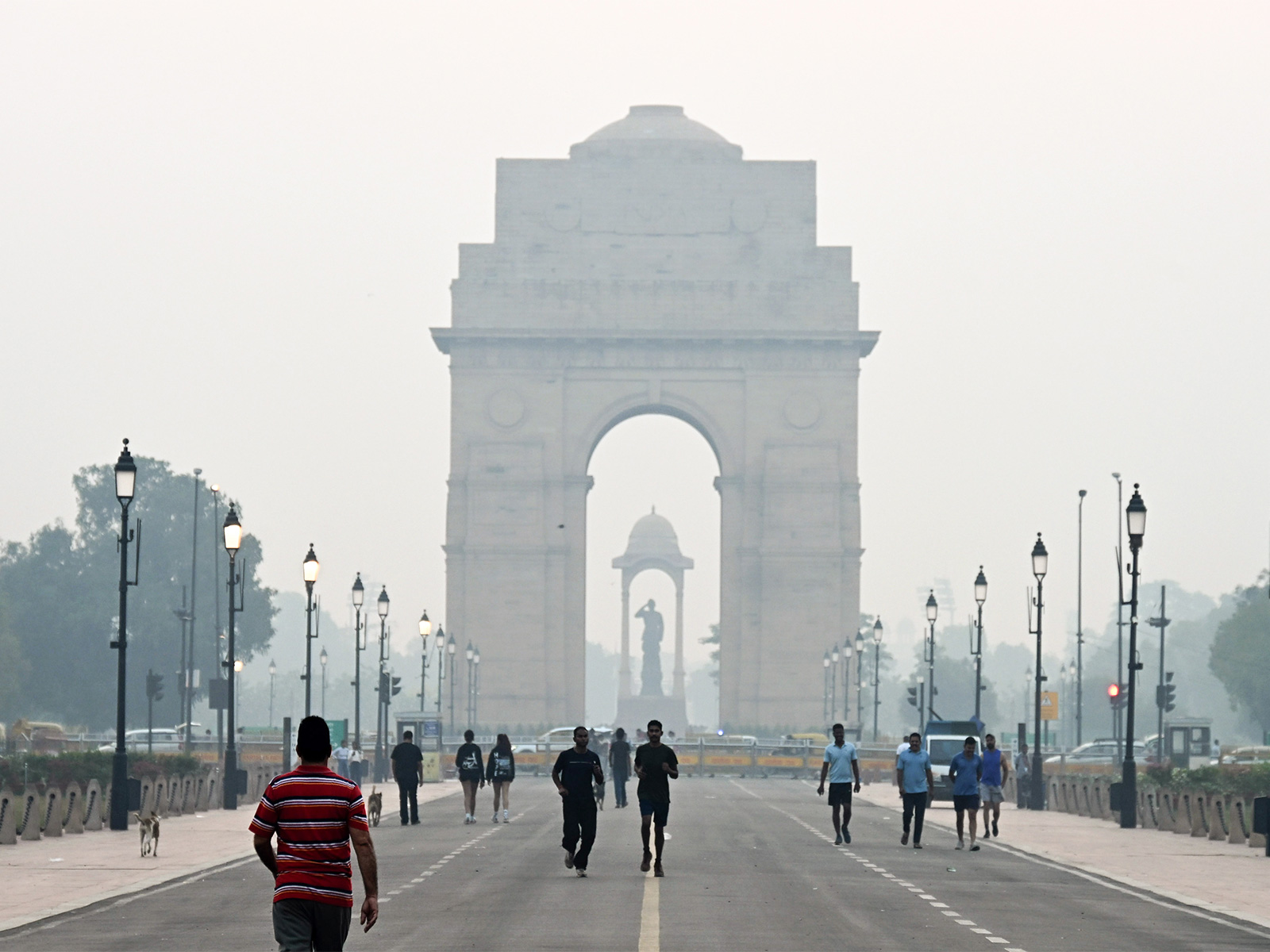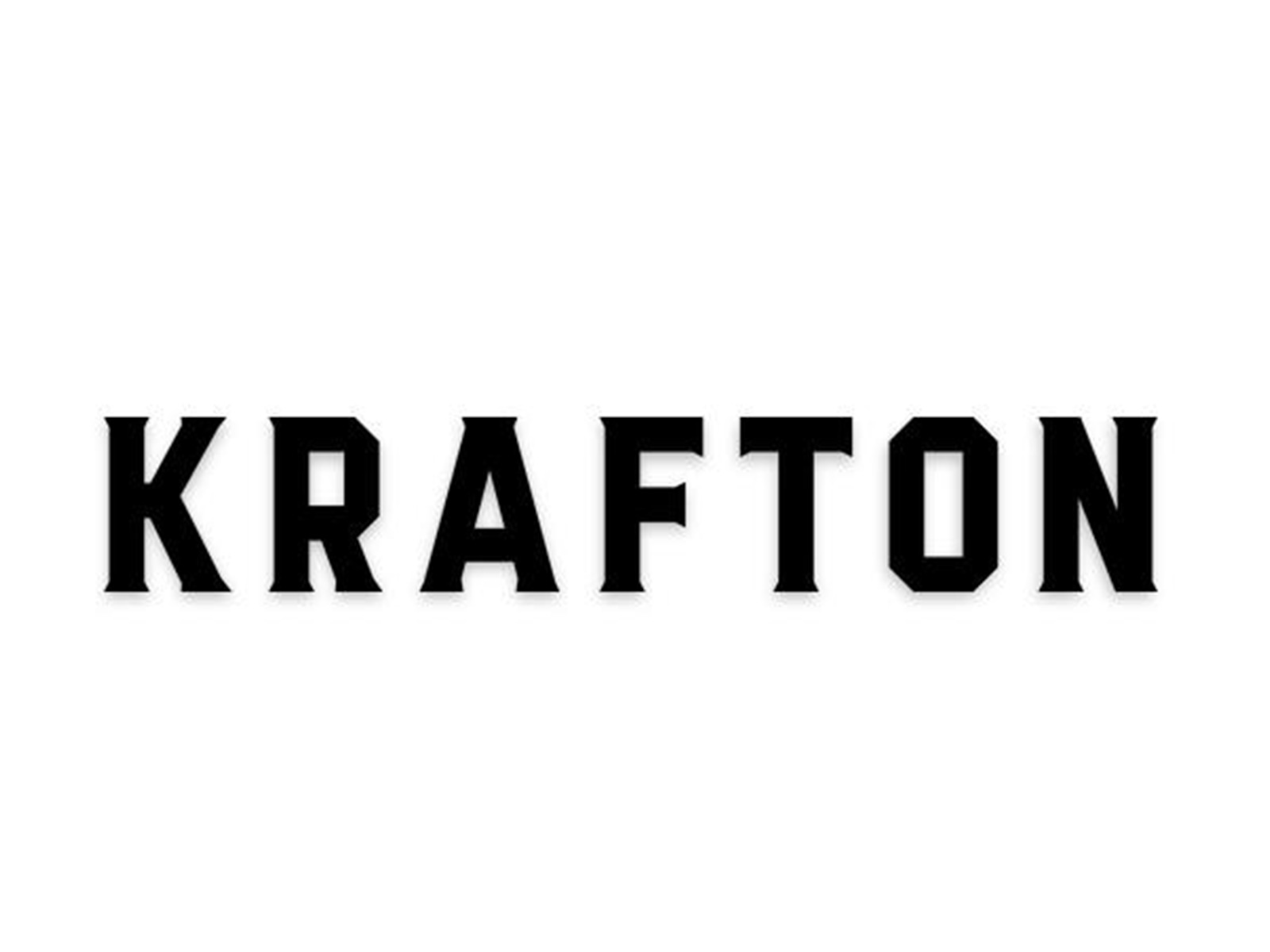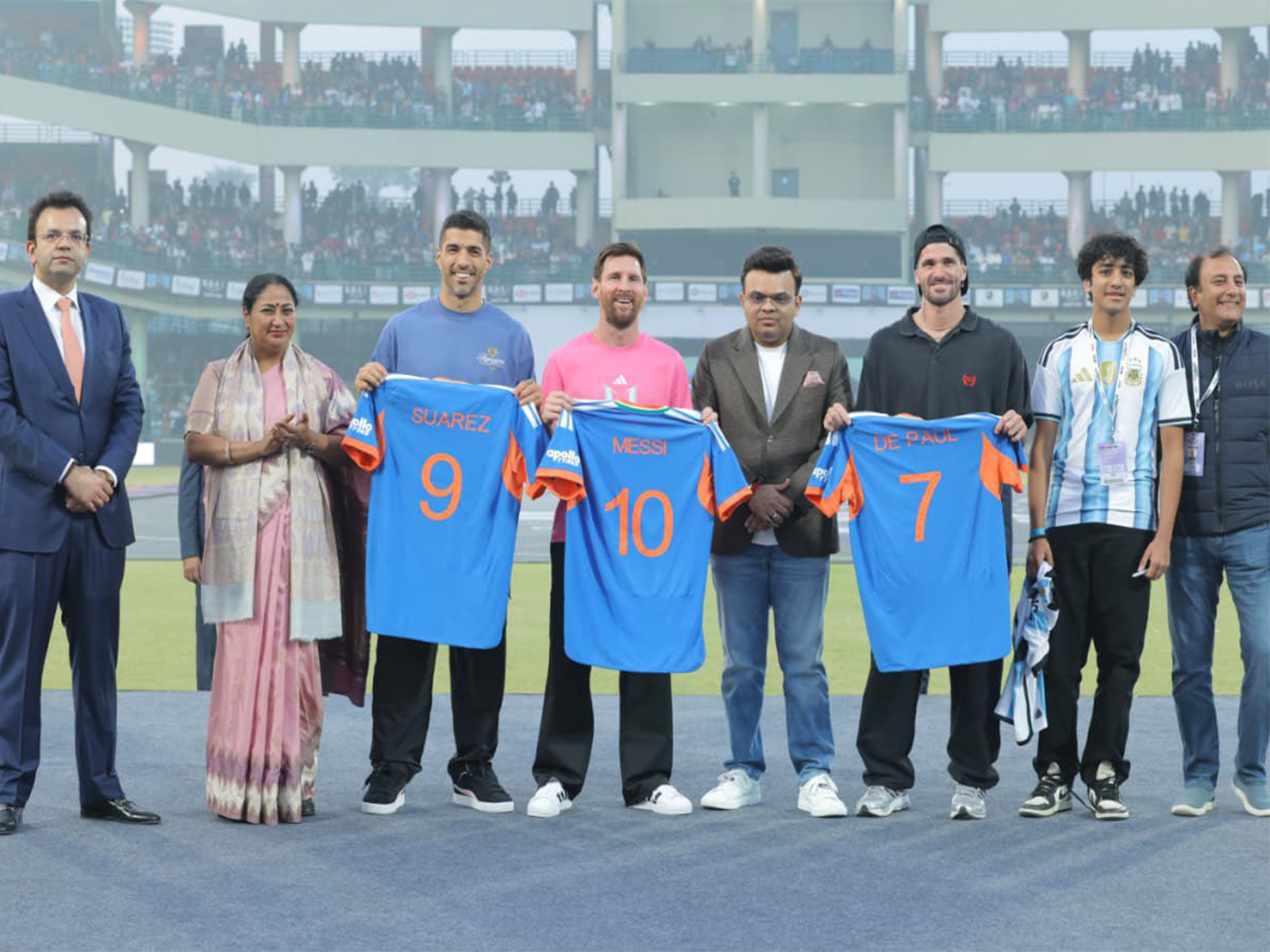National Party leader warns of deteriorating democracy in Pakistan amid institutional overreach
Oct 27, 2024

Quetta [Balochistan], October 27 : Dr Abdul Malik Baloch, the President of the National Party, has raised alarms over the deterioration of democracy in Pakistan, emphasising that institutions are tightening their grip on political affairs.
He cautioned that this could have serious consequences for democracy. Baloch shared these insights on Saturday while presiding over the National Party's central convention in Quetta, which attracted hundreds of leaders and supporters for the four-day event in Balochistan's capital, as reported by the Express Tribune.
Baloch, the former Chief Minister of Balochistan, expressed significant concerns about the current political and security landscape, stating that Pakistan is experiencing diplomatic isolation due to deteriorating relations with its neighbouring countries. He highlighted the rise of proxy wars and criticised major political parties for neglecting their commitment to democratic values, including the Charter of Democracy.
The National Party leader alleged that the elections in 2018 and 2023 were "manipulated," further undermining parliamentary politics and exacerbating insurgency. He noted that this situation has led to widespread disillusionment among the youth regarding democracy, while nationalist movements have been intentionally marginalised.
The Report further stated that despite these challenges, the people of Balochistan remain determined to defend their fundamental rights, resulting in a resurgence of nationalist sentiments.
Overall, democracy in Pakistan faces significant challenges that threaten its stability and effectiveness. Political instability is evident, highlighted by the 2022 ousting of former Prime Minister Imran Khan amid corruption allegations, which underscores the fragile political landscape.
The military's historical influence continues to undermine democratic processes, while judicial independence is increasingly questioned, as the judiciary is often perceived to be swayed by political agendas, eroding public trust.
Earlier in the report, Pakistan was ranked 140th out of 142 countries in the World Justice Project (WJP) Rule of Law Index regarding order and security, making it the third-worst country in the world. It was also ranked 103rd for constraints on government powers, 120th for corruption, 106th for open government, 125th for fundamental rights, 127th for regulatory enforcement, 128th for civil justice, and 98th for criminal justice.
